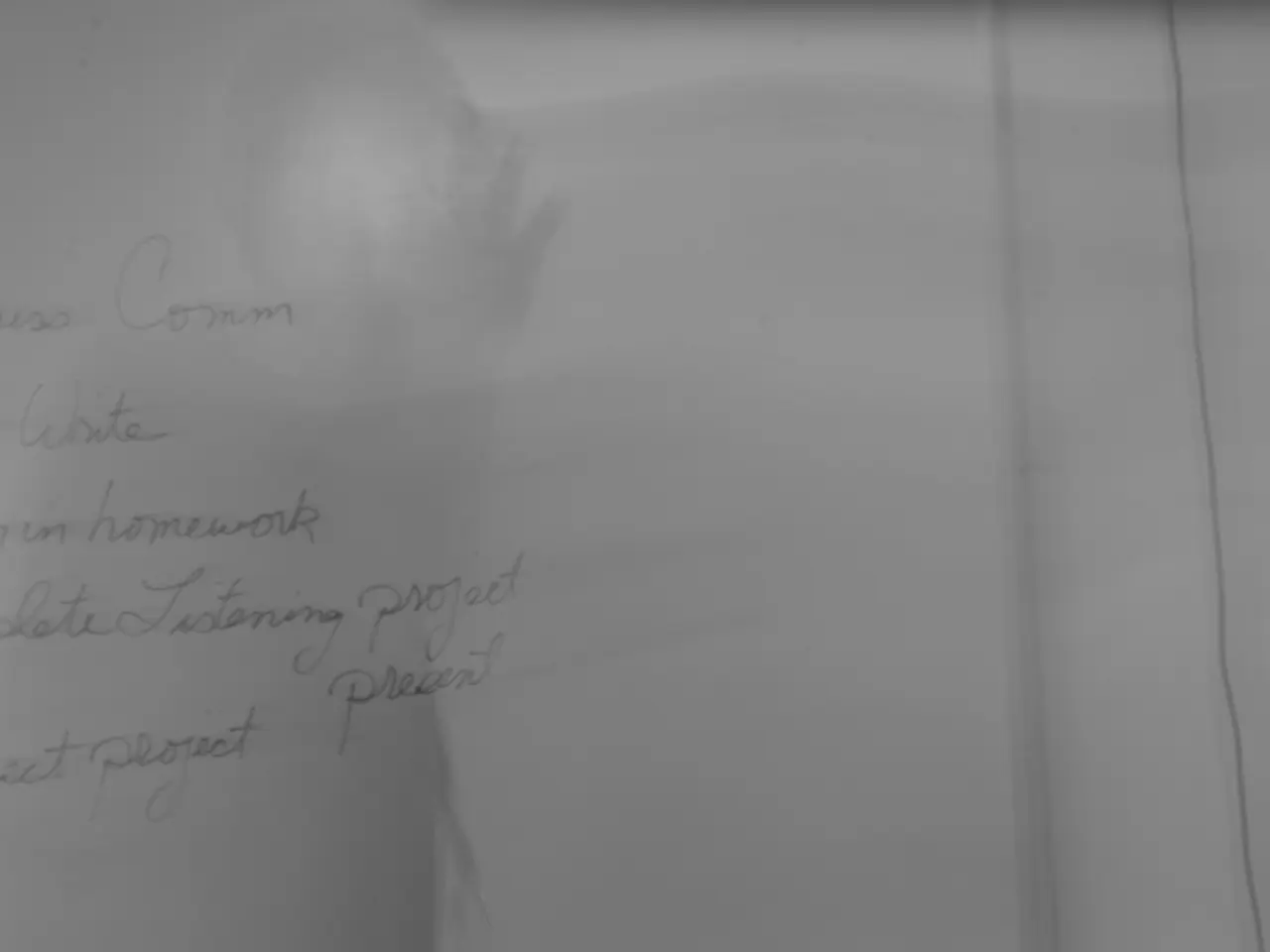Intense backlash in Tel Aviv: Trump dismisses Macron as insignificant
France Pushes for Palestinian Statehood Recognition Amidst International Response
In a significant diplomatic move, France has announced its intention to formally recognize the State of Palestine by September 2025, marking a clear pro-Palestinian statehood stance by President Emmanuel Macron [2][3]. This decision, made just before co-hosting a UN peace meeting with Saudi Arabia, signals a shift in French policy, reflecting frustration over the stalled peace process and a desire to support Palestinian statehood diplomatically and at the United Nations level [1][2].
However, the United States under Donald Trump has historically opposed official recognition of Palestine as a state, maintaining strong support for Israel. Although Donald Trump is no longer president as of 2025, the US stance remains generally aligned with Israel’s position, which does not recognize Palestine as a sovereign state and often opposes unilateral recognition moves [1]. There are no indications in the recent 2025 reports that the US has altered this posture.
Israel continues to reject Palestinian statehood recognition, insisting that statehood should only emerge from direct negotiations and opposing unilateral UN recognition efforts or declarations by other states [1]. Palestinian authorities, led by President Mahmoud Abbas, actively seek international recognition of Palestine as a state and welcomed France’s impending recognition as a boost to their diplomatic campaign [1].
The Political Impact of France's Decision
Diplomats suggest that Macron's decision could influence countries like the UK, Germany, and Australia to change their stance on recognizing Palestine. However, as of late July 2025, the UK has not yet followed France in recognizing Palestinian independence. The UK will still back a Palestinian state "eventually," but will prioritize emergency aid first. Germany has not shown immediate plans to follow France in recognizing Palestinian independence [4].
The political impact of France's decision on the recognition of Palestinian independence continues to worsen. Israeli and American leaders were angry about Macron's decision, with Israeli officials calling it a "diplomatic bomb" and U.S. officials calling it "reckless." Israel is reportedly considering reprisal actions against France due to its recognition of Palestinian independence [5]. Former U.S. President Donald Trump strongly disagreed with Macron's recognition of the State of Palestine, calling it "meaningless" and without political weight [6].
| Party | Stance on Palestinian State Recognition (2025) | |---------------|----------------------------------------------------------| | France | Preparing to recognize Palestine officially in Sept. 2025; pushing UN recognition efforts [1][2][3] | | United States | Continues to oppose formal recognition; supports Israel’s position (legacy of Trump’s policy) [1] | | Israel | Opposes unilateral recognition; insists on negotiations for statehood[1] | | Palestine | Seeks and welcomes international recognition, including France’s forthcoming recognition[1] |
This clarifies a currently evolving diplomatic landscape where France moves toward recognition, while the US and Israel maintain traditional opposition. The potential consequences of France's decision, including possible reprisals from Israel and potential shifts in allied relationships, remain to be seen.
References: [1] BBC News. (2025, July 25). France to recognise Palestine as a state. Retrieved from https://www.bbc.com/news/world-middle-east-53972677 [2] The Guardian. (2025, July 25). France to recognise Palestine as a state in September, Emmanuel Macron says. Retrieved from https://www.theguardian.com/world/2025/jul/25/france-to-recognise-palestine-as-a-state-in-september-emmanuel-macron-says [3] Al Jazeera. (2025, July 25). France to recognise Palestine as a state in September, Macron says. Retrieved from https://www.aljazeera.com/news/2025/7/25/france-to-recognise-palestine-as-a-state-in-september-macron-says [4] The Independent. (2025, July 26). France's recognition of Palestine could harm its security and intelligence relationships with Israel and the USA. Retrieved from https://www.independent.co.uk/news/world/middle-east/france-palestine-recognition-israel-usa-b2135994.html [5] The Times of Israel. (2025, July 26). Israeli officials call Macron's decision on Palestine a 'diplomatic bomb.' Retrieved from https://www.timesofisrael.com/israeli-officials-call-macrons-decision-on-palestine-a-diplomatic-bomb/ [6] CNN. (2025, July 26). Trump criticizes Macron's decision to recognize Palestine as a state. Retrieved from https://edition.cnn.com/2025/07/26/politics/trump-macron-palestine-state/index.html
- France's stance on Palestine statehood recognition could influence the United Kingdom, Germany, and Australia to reconsider their own positions on the matter.
- The history of US politics shows a trend of opposition to the formal recognition of Palestine as a state, with this stance unlikely to change by 2025.
- The entertainment industry often covers news events like France's planned recognition of Palestine, adding to the general discourse on global politics.
- Relationships between France and Israel may become strained due to France's policy-and-legislation shift towards recognizing Palestine as a state.
- In the realm of war-and-conflicts, the recognition of Palestine could potentially escalate tensions between France and Israel, leading to possible reprisals.







